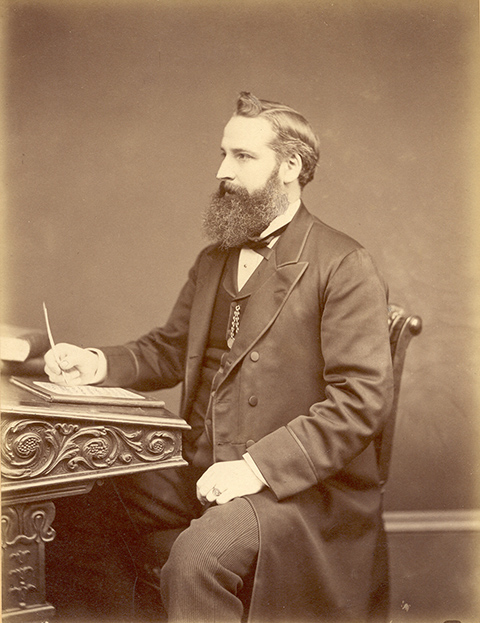Pharmaceutical Press: A Knowledge Business

Our publishing roots go back to 1841 when founder Jacob Bell first edited The Pharmaceutical Journal, considered one of the few ‘class’ periodicals of its time.
Other well known publications include The Extra Pharmacopoeia originally written by William Martindale, a member of the Society’s Council, and later continued by his son. In 1933 the Pharmaceutical Society purchased the rights to produce and sell the resource, now called Martindale: The Complete Drug Reference.
In 1949 the Pharmaceutical Society and the British Medical Association took the war formulary and continued to publish it for general use as the British National Formulary, the first choice for concise medicines information, recognised worldwide today.
Stockley’s Drug Interactions, edited by Dr Ivan Stockley launched in 1981 to help healthcare professionals quickly and reliably decide the best course of action when managing the use of drug combinations, and has become another essential guide for health professionals.
Today, our trusted portfolio of respected resources covers therapeutics and the design and manufacture of medicines and has grown to include many other respected publications consulted daily around the world through our online platform Medicines Complete. We’re proud that Pharmaceutical Press continues to provide essential information to support healthcare professionals to confidently make informed decisions on the safe and effective use of medicines.